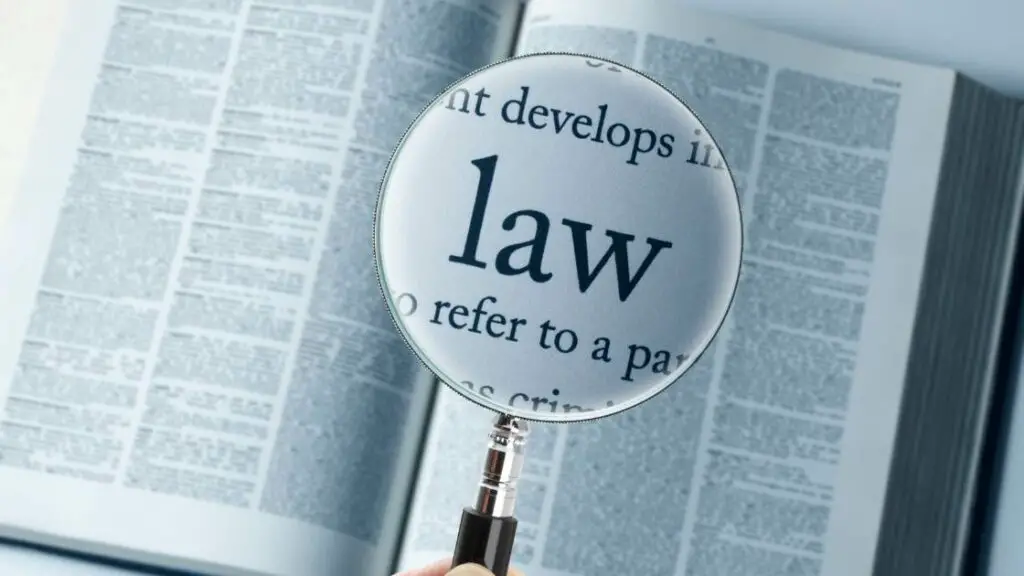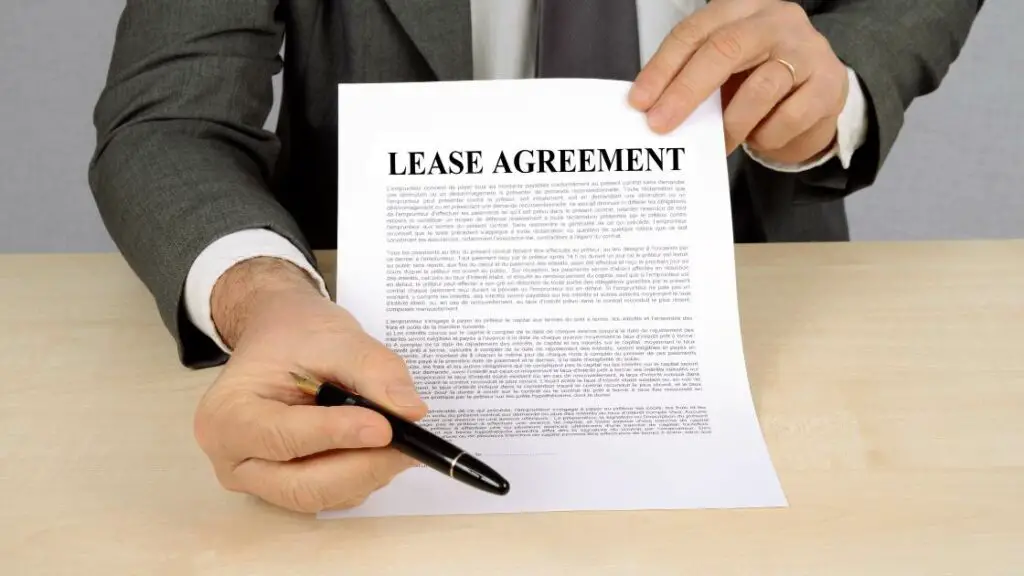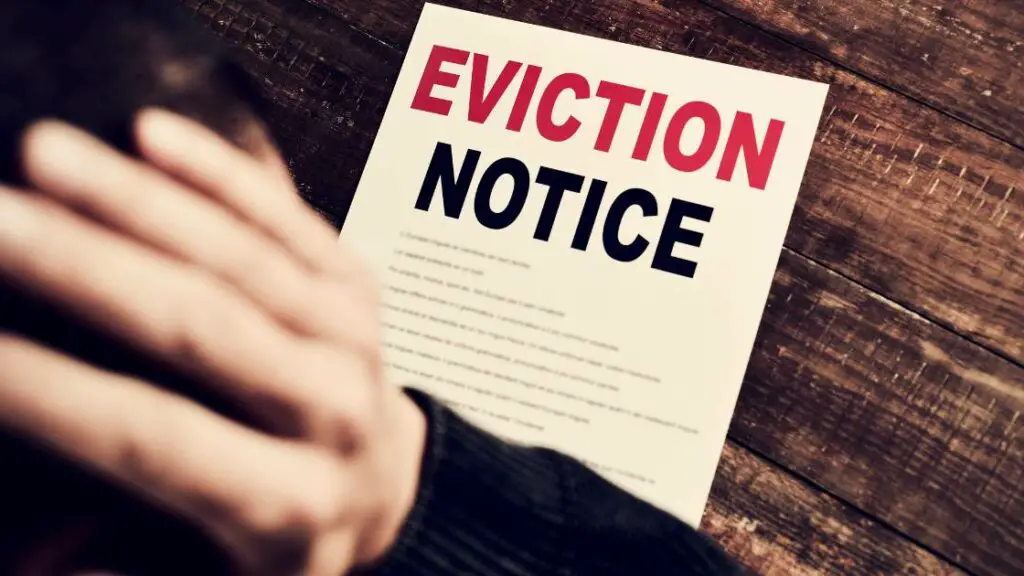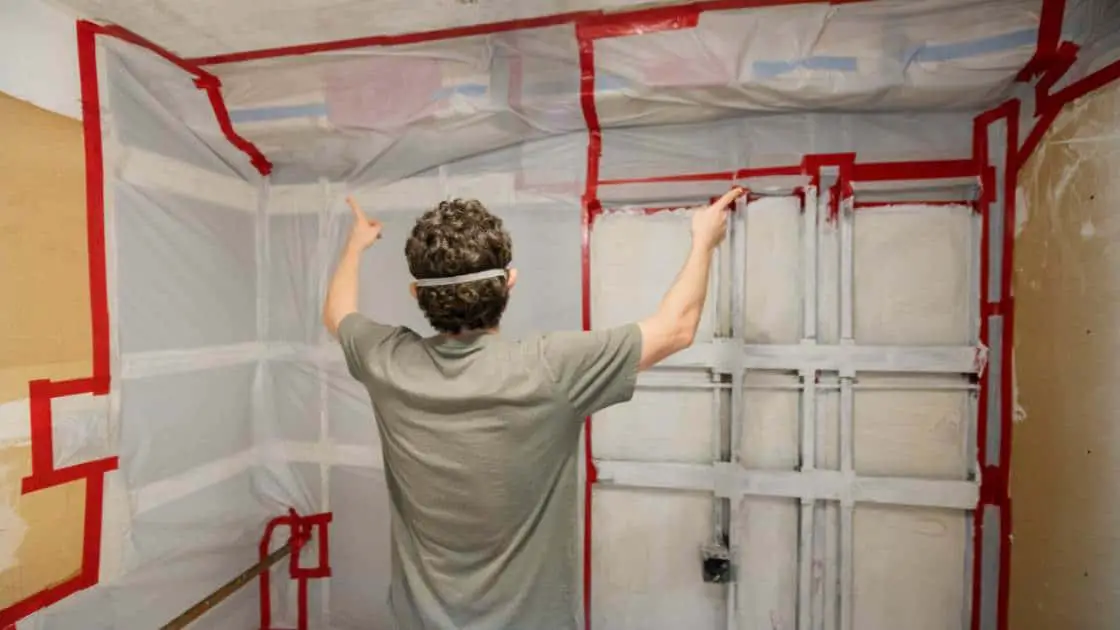If your landlord has notified you that they intend to do some serious repairs or renovations to your rental and has asked you to move out temporarily (or even end your lease), you may be asking whether they have the right to do this.
In this article, I am going to answer this question in detail, including discussing the laws applicable to this issue (with two examples from large jurisdictions), and some tips you can use to help you navigate this situation.
If you just want the short answer to the question, it is as follows:
As a general matter, a landlord may relocate you if your rental is unsafe or not inhabitable and repairs cannot be done while you are living there. But in these cases, they should offer you a comparable place to live while repairs are being done at no additional cost.
Ok, we’ve got a lot to cover, so let’s get into it.
The information contained in this post is for informational purposes only. It is not legal advice. You should seek the advice of a qualified legal professional before making any decisions relating to the topics covered by this article.
We may earn commissions from products and services that are purchased or recommended through our website as part of our affiliate partnerships. As an Amazon affiliate, we may earn from qualifying purchases.
What Does the Law State?

Each state and locality may have different rules around when landlords can force out a tenant to make repairs.
In Virginia, for example, landlords may require a tenant to move out temporarily to make needed repairs, but the following conditions must be met:
- There is a condition that needs repair
- The condition is not an emergency
- It’s necessary for you to move out to make the repair
- The landlord must give you at least 30 days notice and offer you a comparable place at no cost to you
- Your relocation does not exceed 30 days
- You must continue to pay rent
Source: Virginia Legal Aid
California has a similar framework.
They have a Tenant Protection Act which addresses this issue for many (but not all) residential tenants.
Under this act, a landlord can relocate a tenant if they intend to demolish or substantially renovate the unit with permits. If this is the case, the landlord would need to pay for the relocation, which would be equal to one month’s rent (or they may simply waive the last month’s rent).
You should check your state and local laws to see what rules apply in your situation. If you want to start researching, I have compiled the landlord-tenant laws for all 50 state and the District of Columbia for your reference here.
Your landlord may also want to relocate you if they need to remediate a health of safety concern. A common example is fixing significant mold issues.
If you want to learn more about this specific situation, check out my article on Tenant Relocation Due to Mold [Is It Required]
Read Your Lease

In almost any situation you may have regarding your tenancy, reading your lease is a good idea. It may discuss specific rights you may have (or your landlord may have) regarding renovations, repairs and relocations.
For example, in my lease it clearly states that if there is a fire or casualty damage and the premises is deemed uninhabitable by the landlord until repaired or renovated, then the lease automatically terminates.
Alternative Actions to Eviction

In some states that have strong tenant protection, your landlord can’t make you move out just so they can carry out their repair or renovation plans. Tenants can stay in the rental property until the lease ends.
However, if they really need to push through with their plans, they may try to persuade you to temporarily vacate the property.
They may offer to refund the rent for the days you won’t be occupying your home. They may also propose that they pay for your temporary relocation costs. In some cases, they may offer you money outright to vacate.
Another alternative they may suggest is to temporarily or permanently move you to another unit. Or in cases where only a portion of the unit needs renovations, you may stay on the property and pay only a discounted rental rate during the ongoing work.
Of course, as mentioned above, if the renovations are needed due to health and safety concerns, you’re likely going to need to move out. And your landlord is likely going to be legally obligated to put you up in other properties or at least pay for your moving costs.
Recap
As a tenant, it’s important to understand the rights you’re entitled to when it comes to the property you’re renting.
Just because your landlord want to renovate or make significant repairs does not automatically mean that you have to leave your home. Make sure you understand your rights by reading your lease carefully and understanding your state and local laws relating to the matter. Of course, you should consult with a qualified lawyer if you need help.
Hope this has been helpful and happy renting!

